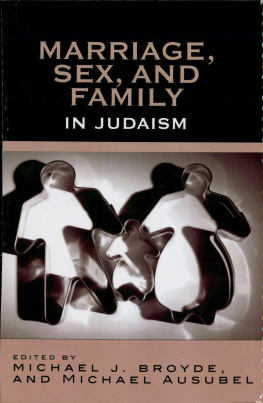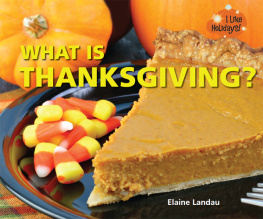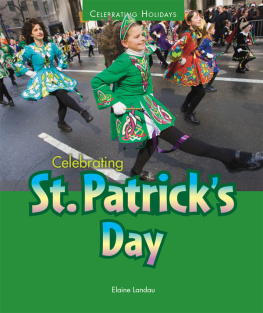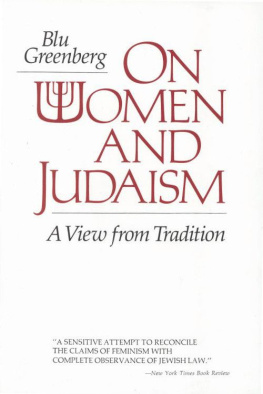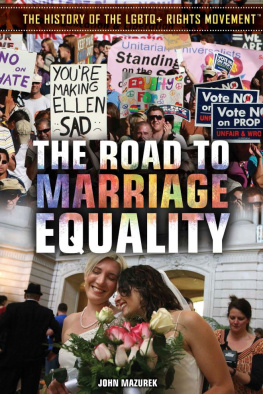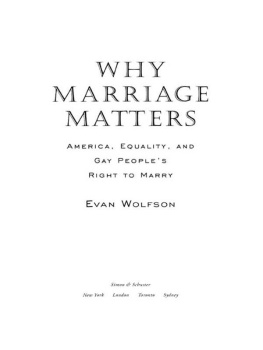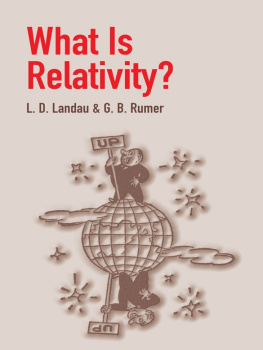Tradition and Equality in
Jewish Marriage
Continuum Studies in Jewish Thought
Continuum Studies in Jewish Thought presents scholarly monographs offering traditional and contemporary reflection on Jewish intellectual history, philosophy and thought. Books in the series will seek to address a range of concepts central to Jewish modern thought, evaluate the contributions of Jewish thinkers, and demonstrate a critical understanding of the relationship between Jewish thought and history.
Also available in the series:
Exile and Restoration in Jewish Thought, Ralph Keen
Lubavitcher Messianism, Simon Dein
New Physiognomy of Jewish Thinking, Aubrey L. Glazer
Tradition and Equality in
Jewish Marriage
Beyond the Sanctification of
Subordination
Melanie Landau
Continuum Studies in Jewish Thought
Continuum International Publishing Group
The Tower Building, 11 York Road, London SE1 7NX
80 Maiden Lane, Suite 704, New York, NY 10038
www.continuumbooks.com
Melanie Landau, 2012
All rights reserved. No part of this publication may be reproduced or transmitted in any form or by any means, electronic or mechanical, including photocopying, recording, or any information storage or retrieval system, without prior permission in writing from the publishers.
Melanie Landau has asserted her right under the Copyright, Designs and Patents Act, 1988, to be identified as Author of this work.
British Library Cataloguing-in-Publication Data
A catalogue record for this book is available from the British Library.
ISBN: 978-1-4411-8459-7
Library of Congress Cataloging-in-Publication Data
Landau, Melanie.
Tradition and equality in Jewish marriage : beyond the sanctification of subordination / Melanie Landau.
p. cm. (Continuum studies in Jewish thought)
Includes bibliographical references and index.
ISBN 978-1-4411-3806-4 (hardcover) ISBN 978-1-4411-3933-7 (ebook (pdf)) 1. Marriage (Jewish law) 2. MarriageReligious aspectsJudaism. I. Title.
KBM542.L36 2011
296.444dc23
2011043029
Contents
Acknowledgements
I have had the privilege of carrying out the research and writing of this book during my employment as a lecturer at Monash University, in the Australian Centre for Jewish Civilisation. I would like to thank my Monash colleagues, Professor Barbara Caine and Professor Andrew Markus for their guidance and encouragement with this project. I also thank Professors Michael Broyde, Aryeh Cohen, Charlotte Fonrobert, Naomi Graetz, Tamar Ross and Noam Zohar for their input in to this project. All the shortcomings are mine however. I would like to thank Associate Professor Mark Baker, the Director of the Centre for his support and encouragement to complete this project. Adrian Saxon was the person who initially suggested this topic for me. Rabbi David Bass alerted me to sources about the implications for sexual consent in light of womens acquisition. In that context I am also grateful for the opportunities to present at multiple conferences of the Association of Jewish Studies and the Jewish Law Association. Thank you also to Idan Dershowitz for looking over my translations at an early stage of the project. I would also like to thank Mandel School for Leadership for providing me a warm home away from home during several stays in Jerusalem.
One does not complete a project like this without access to resources. I was the recipient of a Hadassah-Brandeis Junior Research Award which helped kick-start the project. I am a part of several supportive communities including one which has allowed me to be in touch with someone for a quick chat every time I hit a difficult moment. I have also received much appreciated support from my mentor and friend Debbie Dadon, my life-long friend and hevruta, Laini Liberman and also from Viv Brass. I would like to thank Lalle Pursglove and Rachel Eisenhauer of Continuum Press and Srikanth Srinivasan of Newgen Knowledge Works and the rest of the production team for their patience and hard work in creating this book.
I am grateful for the privilege I have enjoyed of learning and sharing with many brides and grooms prior to their weddings, encouraging them to see marriage as a personal rite of passage in addition to whatever else it is for them, as well as the opportunities I have had to facilitate both preparatory rituals as well as the wedding itself.
I am indebted beyond measure to my parents for their love, and belief in me. Day by day, my partner, Michael Fagenblat and I, share a rich and dynamic connection that enables us lots of freedom to be who we are, live our lives and transform, and keep on coming back to receive ourselves and each other. For this I am deeply grateful and constantly surprised. I treasure and delight in the sweetness of the blossoming fruits of our partnership, especially my relationship with our children, Ktoret Ashira and Ariel Raya.
I would like to dedicate this book to my two grandmothers. To Nana Frida Wilinsky, with an ever-present desire to nourish for her qualities of fortitude and perseverance, of which I have been blessed to inherit some. And to the blessed memory of my Nana Lily Holckner whom I honour for ingathering the family with ultimate charm and grace, bringing special attention to each relationship.
Mine is theirs.
May we all be blessed to love and to learn, to continue to bring light to the world and its people, and to transform our traditions as we transform.
Introduction
Beyond the Sanctification of Subordination: Between Tradition and Equality in Jewish Marriage
People who identify with religious traditions and who are simultaneously fully engaged in the secular world are often confronted by competing values. The brushing up of feminism against tradition has sparked much creativity, debate and response in many circles. Worthy is the imminent critique that engages from within a culture without targeting that culture as the progenitor of male domination more than any other.
The particular question of marriage that I am referring to the formalization of the heterosexual commitment of partnership is a fruitful place to explore this exciting yet fraught intersection of multiple ideological commitments. The transformation of male-dominated society and the growing into and claiming of full humanity for both men and women is both an inner journey claiming parts of the self that have been projected outwards and also an outer journey, reclaiming power and autonomy in the world. Marriage is a portal between these two spaces and has amazing potential, marriage by marriage, to transform the relationship between men and women, into a relationship of mutuality and shared humanness.
Marriage is an ancient rite that has continually changed shape and been infused with renewed meaning throughout history. Traditional Jewish marriage is based on stipulations in ancient rabbinic texts. And yet religious textual interpretation and practices also transform throughout history in relationship to a community of meaning that is itself influenced by contemporary social, cultural, economic and political developments.traditions for guidance around significant milestones and rites of passage, while simultaneously looking forward to create new and emerging visions of the lives they want to create and co-create.




